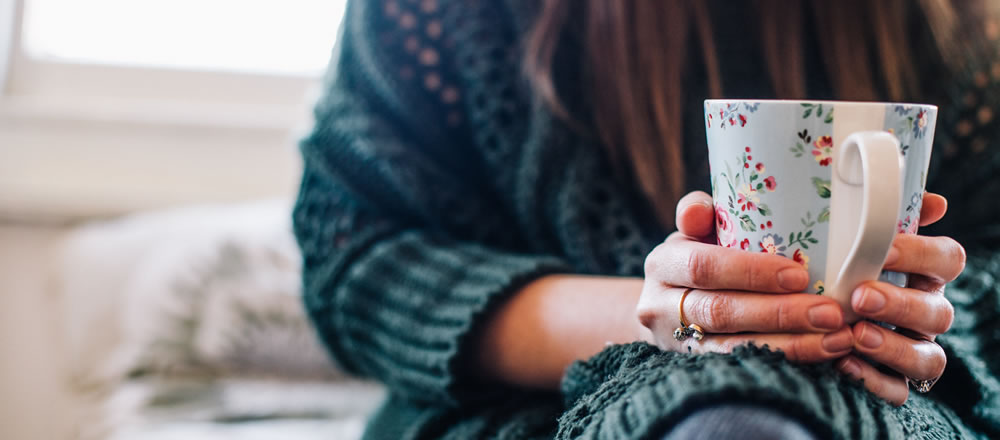Watching the Olympic games in Brazil I was again reminded of what elite athletes can teach us as artists and creatives, about life in general.
As we go about our life, practice and business there are many important things that we, like athletes, need to consider in order to live and create – building and maintaining our fitness, developing our practical skills and mental toughness, preparing for the big “race”, celebrating our successes, reflecting on and learning from our wins and losses, and importantly refreshing ourselves after our achievements.
Great athletes understand the importance of recharging and recuperating, of learning all they can from their performance whether they win or lose, and of refocusing on the next event, the next gold medal, trophy or premiership. They understand how to manage their energy.
“the challenge of great performance is to manage energy more effectively in all dimensions to achieve your goals…engagement is not simply one-dimensional. The energy that pulses through us is physical, emotional, mental and spiritual. All four dynamics are critical, none is sufficient by itself and each profoundly influences the others. To perform at our best, we must skilfully manage each of these interconnected dimensions of energy.” 1.
We need to manage our energy to ensure that we have the stamina to go the distance to fulfill our goals of becoming successful people, artists and creators, however we define such success.
How do you manage your energy across all your four energy dynamics – physical, emotional, mental and spiritual? Do you give yourself time to rest, review and learn, recuperate and recharge on a daily, weekly, monthly or yearly basis? If the answer is no, or sometimes, then it may be time to rethink what you are doing. Here are some suggestions to help keep your energy levels firing.
Take regular breaks – Creating is a marathon and a good way to tackle the distance is with regular “sprints”. Set interval targets for your creative endeavours, whatever they may be, over a day and then have a break to refresh. Write, compose, paint, draw etc. with no interruptions for an hour and then have a ten minute break. It works and stops procrastination.
Recharge – Identify things that bring joy to your life and make a commitment to do at least one of those things a day. And make them achievable.
Play – Feed the creative part of your life and make time to play2, to do things that aren’t about projects and outcomes. Go out and have some fun, and get caught up in living in the moment.
Move – Move your body and exercise as it is a natural stimulant with both proven physical and psychological benefits. Physically it increases your aerobic and anaerobic fitness; muscle tone and strength; energy levels; flexibility; sleep quality; plus more. Psychologically it improves your confidence and self-esteem; reduces your stress levels; and increases your feeling of well-being.
Reflect – Allocate time in your day to reflect on your successes, how you feel about your work and its progress, on your life, those people who are important to you. Do something that allows you to listen to what’s going on ‘inside’ you and to be grateful for all of it.
Sleep and eat well – Develop and maintain healthy dietary and sleep routines. Choose nutritious fuel for your body and eat at regular intervals to maintain optimum energy levels. Too little or too much food at the wrong times can impact on your performance. Schedule your work to ensure you get between seven and eight hours sleep a night to rejuvenate.
Give yourself the best chance to do your best and have a break. You don’t just deserve it – you need it!
Coaching can assist you to pace your creative life. Please get in touch if you would like to explore these ideas in more detail.
1. Loehr, Jim and Schwartz, Tony (2005) The Power of Full Engagement – The Free Press, New York, page 9
2. National Institute for Play at http://www.nifplay.org
